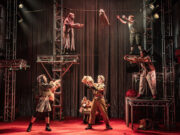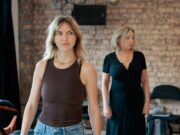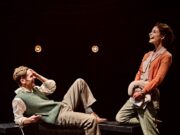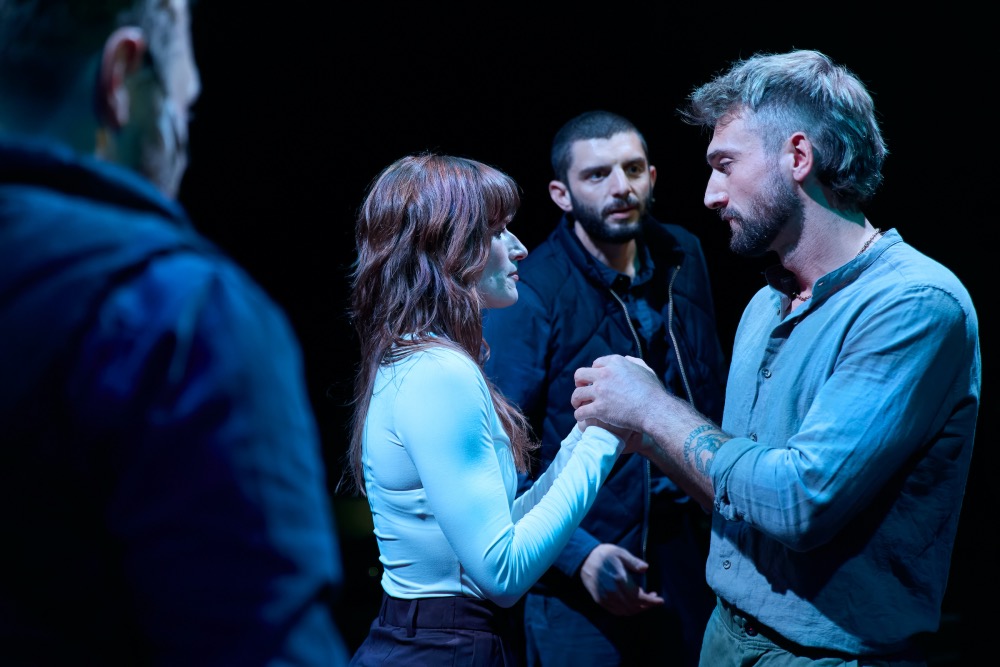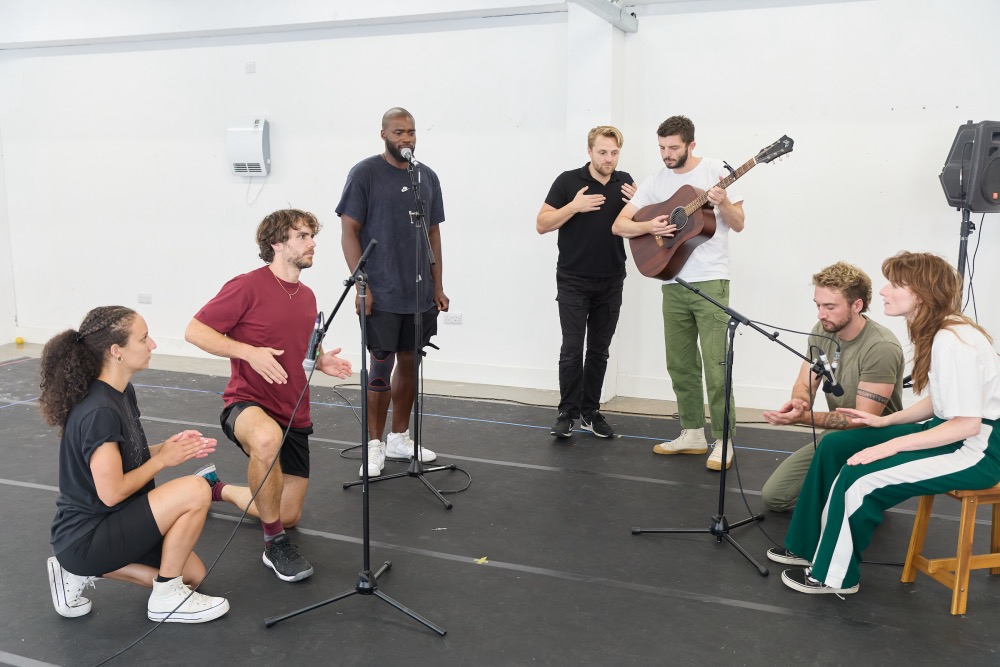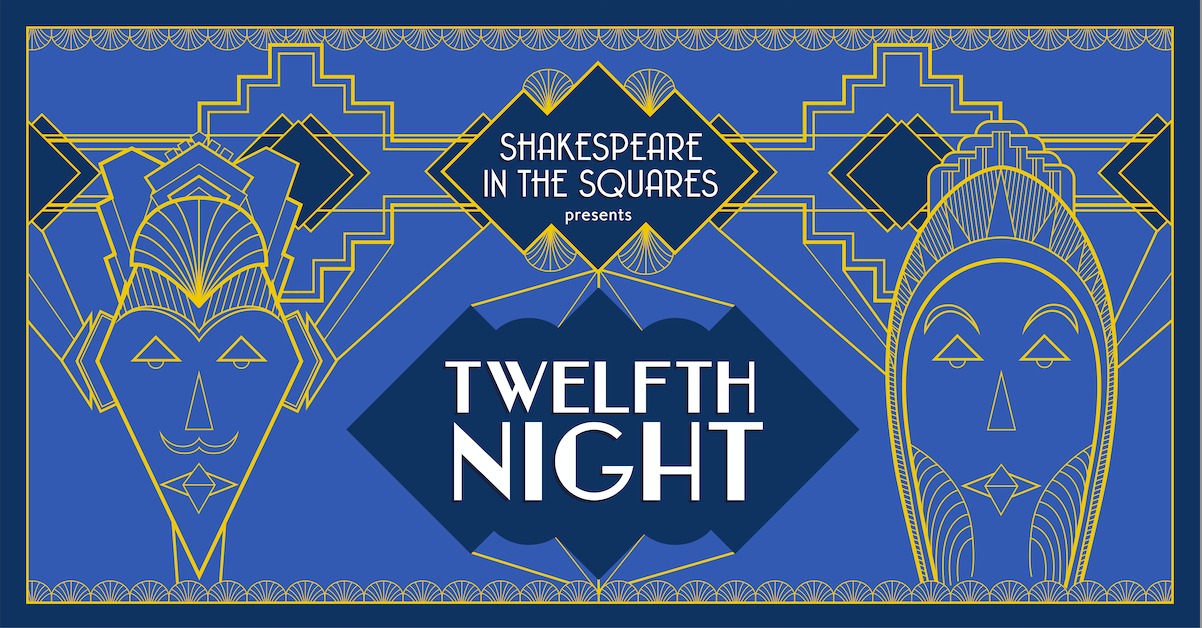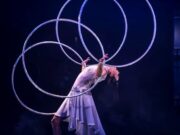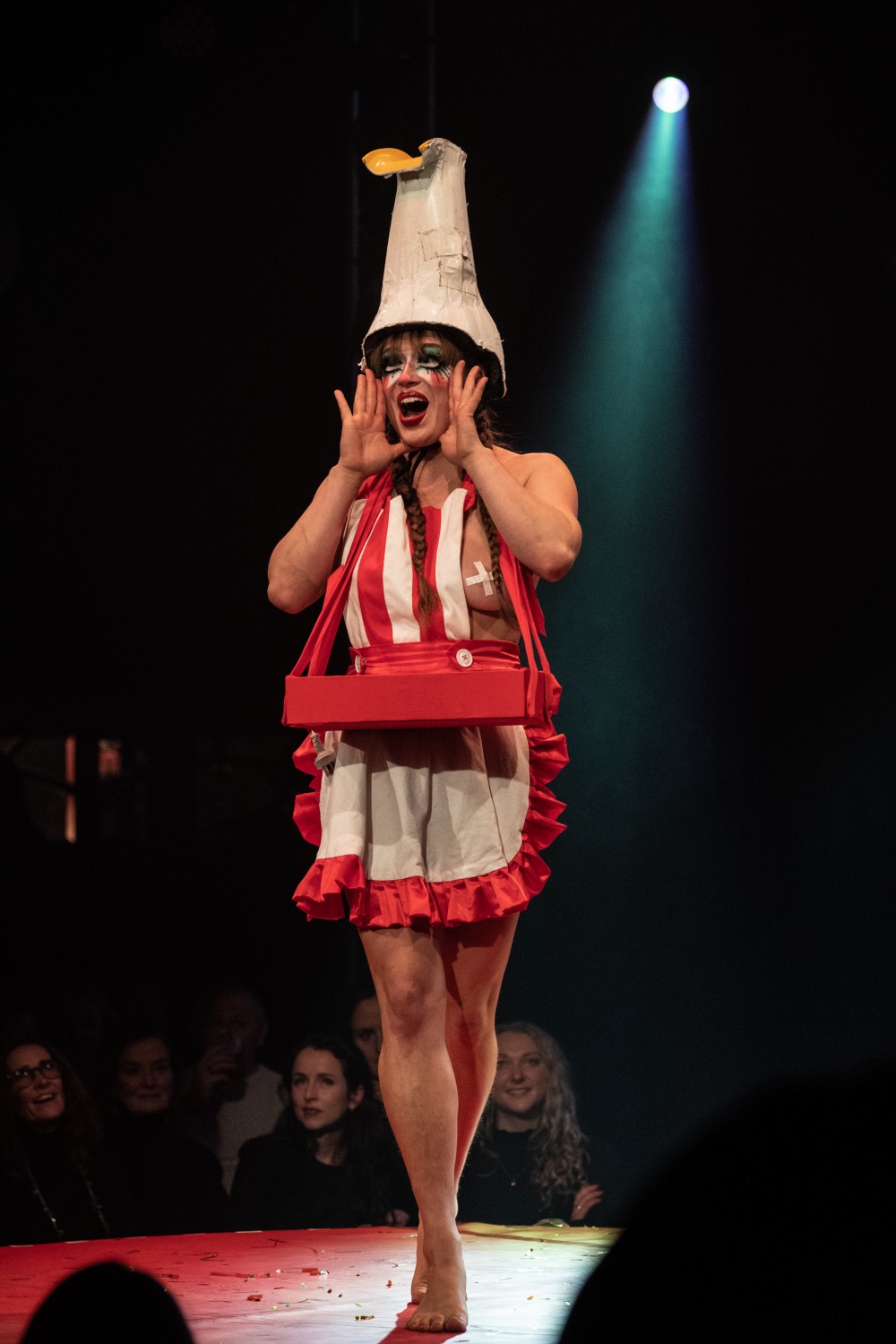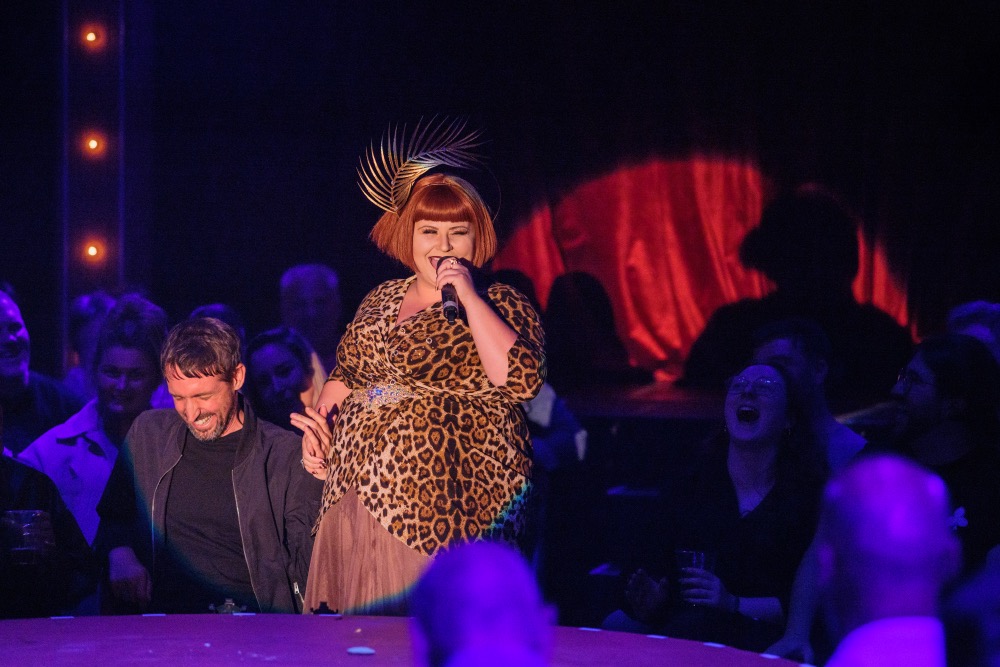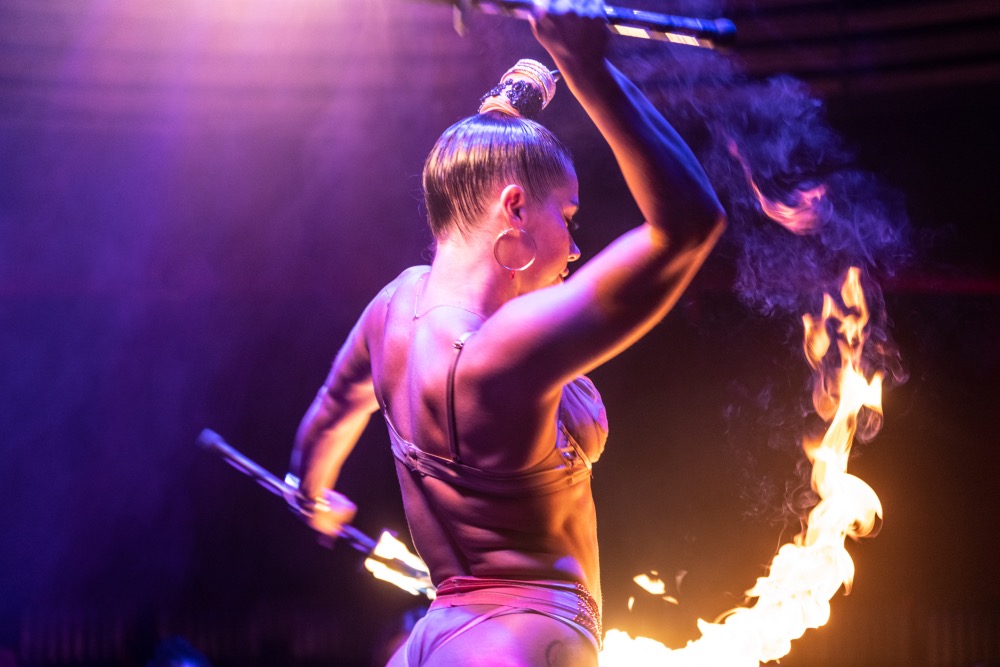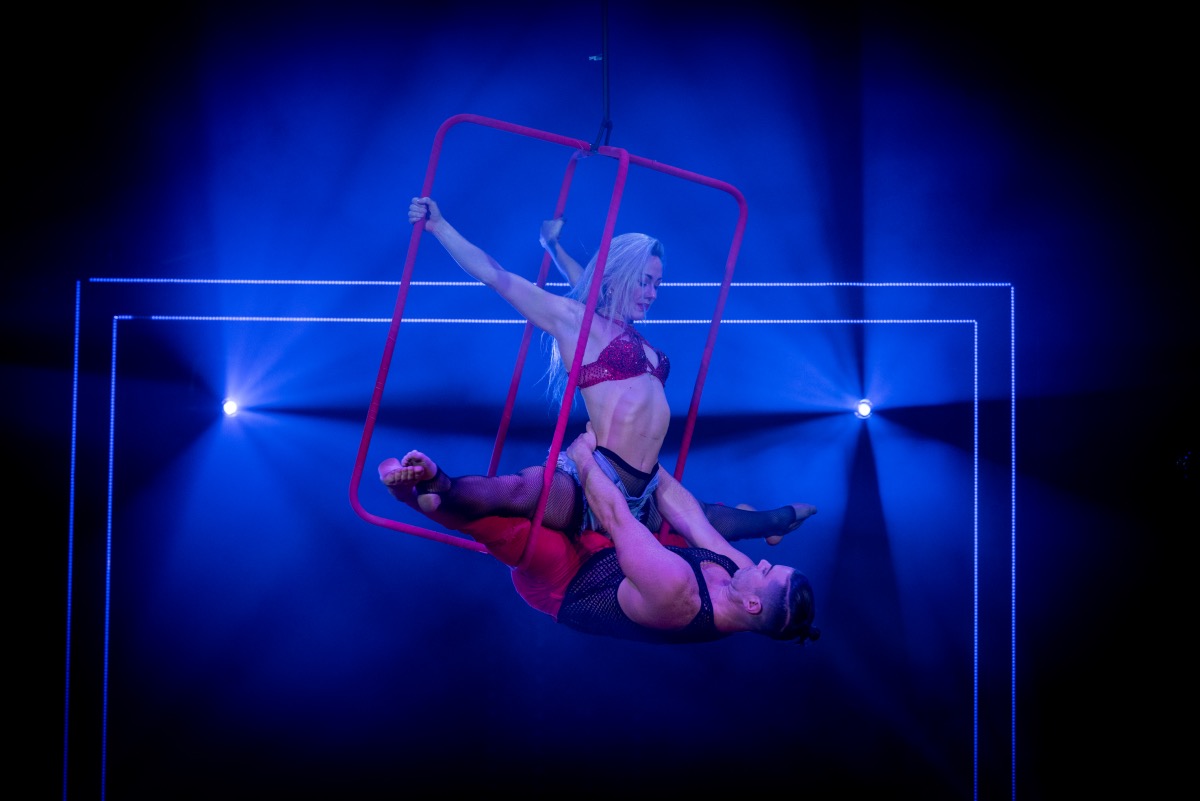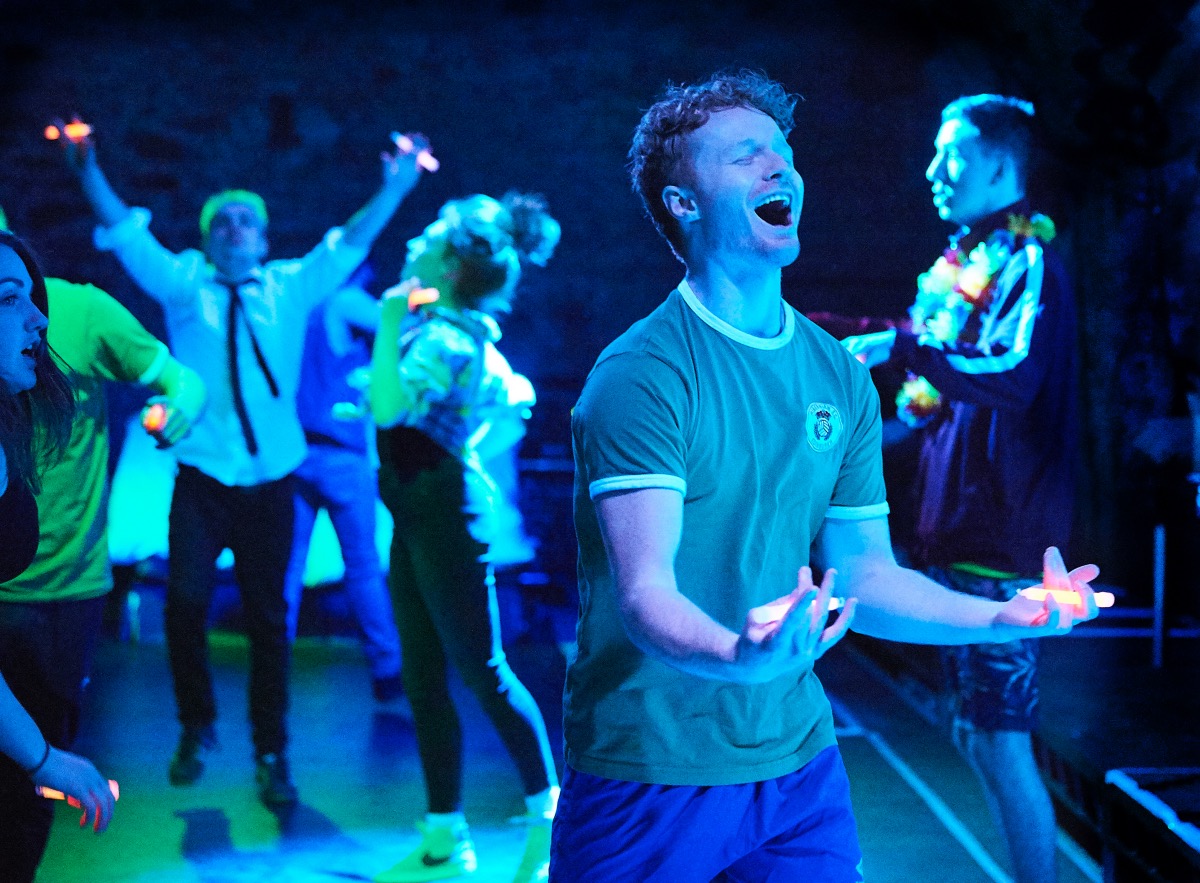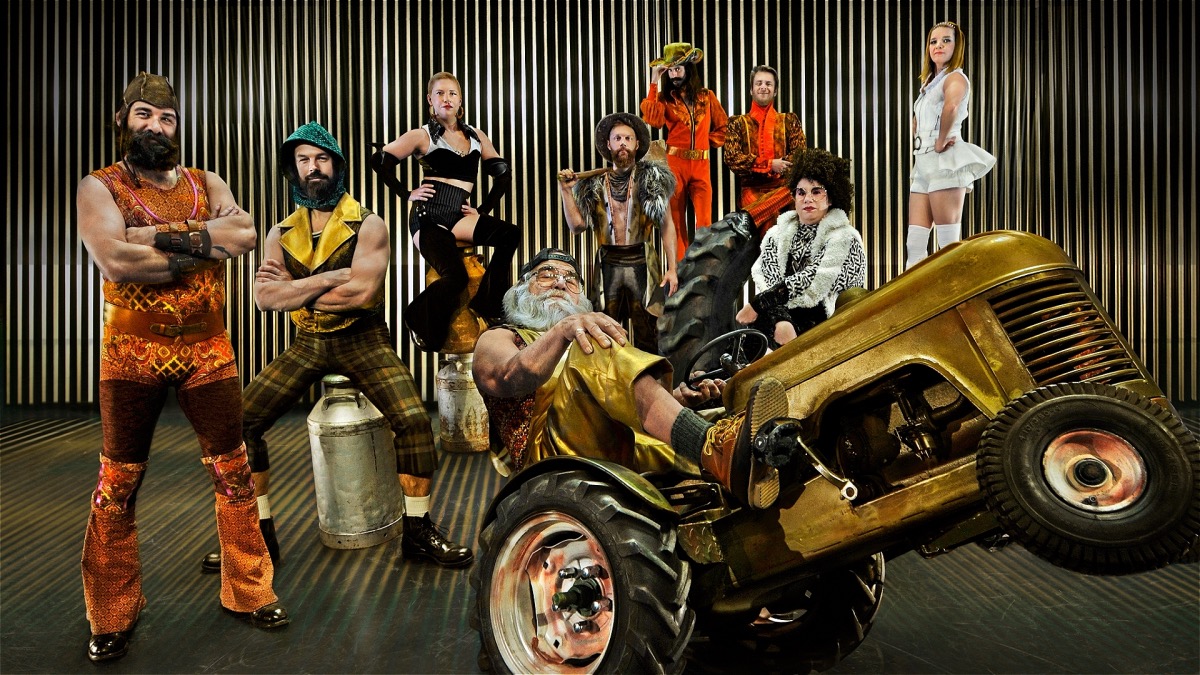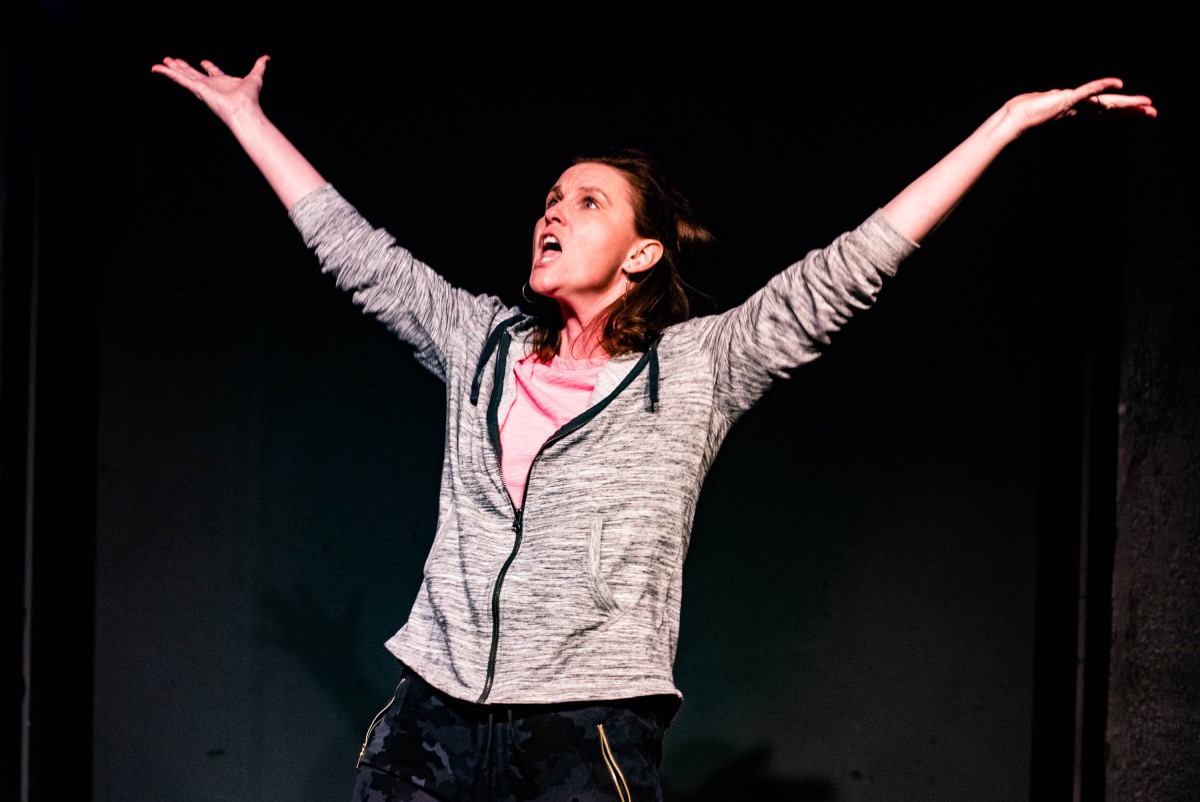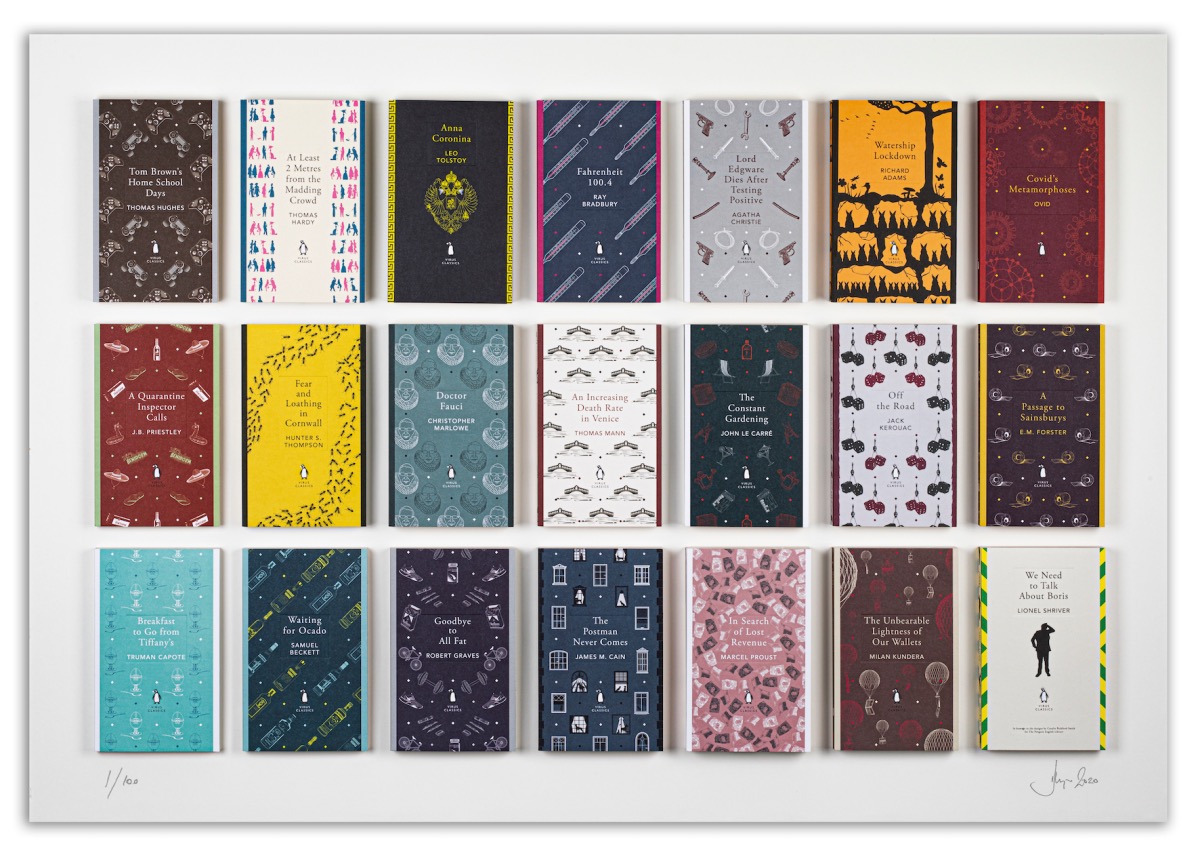VIRUS CLASSICS comprises of twenty-one spoof volumes, each mimicking the size and style of the paperbacks of The Penguin English Library designed by Coralie Bickford-Smith.
They take some of our most treasured literary classics and give them a topical spin. Title plate and logo debossed, the artworks feel both hearteningly familiar and laden with satire.
Titles in the series include At Least 2 Metres From the Madding Crowd by Thomas Hardy, Covid’s Metamorphoses, Lionel Shriver’s We Need to talk about Boris and Samuel Beckett’s Waiting for Ocado.
Beyond the wit of the titles, the designs reveal yet another layer. For example, whilst the cover of the first Russian edition of Tolstoy’s Anna Karenina bore the design of the Imperial Russian Eagles, here in Anna Coronina the same eagles are vigorously coughing.
For Tom Brown’s Home Schooldays, a take on Hughes’ classic Tom Brown’s Schooldays, the cover is scattered with Playstations and Xbox controllers – we all know what ‘home schooling’ really means.
John Le Carré’s masterpiece The Constant Gardener becomes The Constant Gardening, on which Fenwick portrays secateurs and watering cans, deckchairs and paddling pools, mini bottles of whisky and garden sheds, depicting several distinct experiences of lockdown.
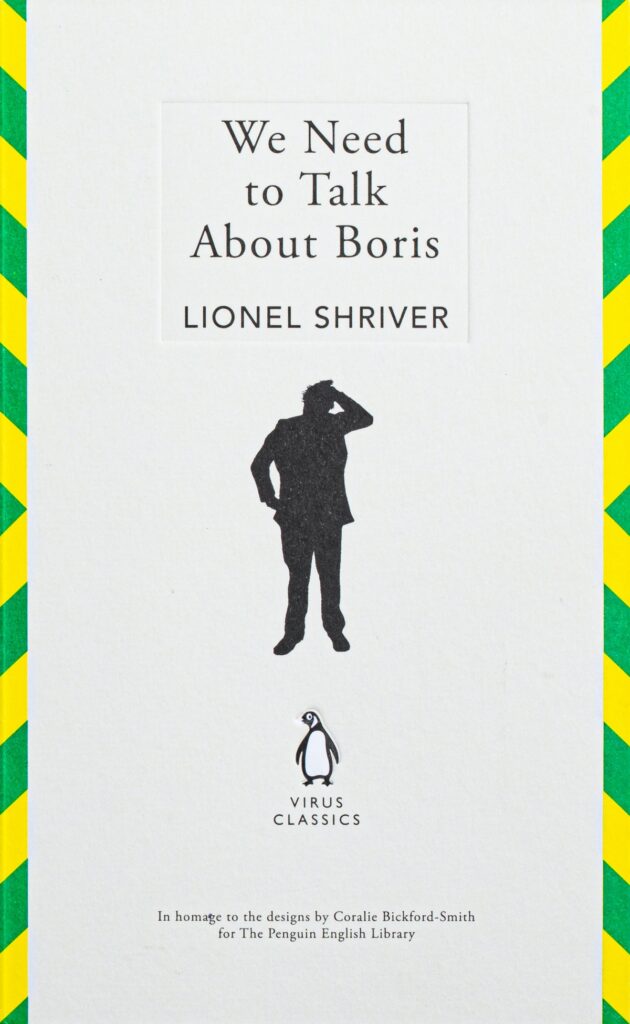
Many embraced gardening as part of the default national obsession; for others, loss of jobs or romantic opportunity meant more time spent alone.
The Covid-19 pandemic has introduced us all to a new reality. New restrictions to our daily existence; new codes of behaviour. While we await a return to our normal lives and cherished freedoms, this period with all its unprecedented challenges and peculiarities will be an historic experience none of us will ever forget.
Artists worldwide have recorded their impressions of this ‘age of Covid’ in painting, poetry, dance and music. Fenwick’s contribution is one that cleverly melds considered concept and exquisite design with a sharp edge of British humour.
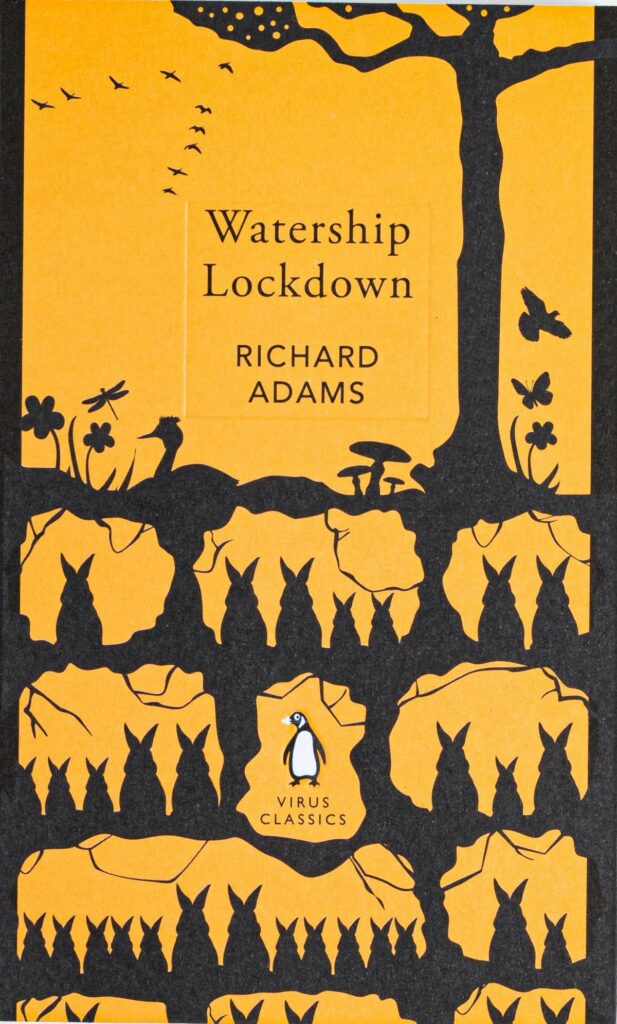
“My efforts are not half as handsome as the supremely elegant designs by Coralie BickfordSmith, but her format did allow one or two extra black jokes – a great tradition of the British in a crisis but one, it seems, hardly observed at all in this one – about the more egregious aspects (lockdown, quarantine, social distancing, school closure, regional hostility, panic buying, enforced leisure, epidemic alcoholism, government wrong-headedness and individual and national bankruptcy) of this awful period.
“I think my favourite is probably Lord Edgware dies after Testing Positive as, one imagines, even if he’d been bludgeoned to death in the library with the lead piping the powers that be would still hungrily add him to the Covid figures.”
Jolyon Fenwick is an artist, photographer and historian. Educated at Eton and Bristol University, he now lives in the Cotswolds.
Fenwick is the author of three books: Einstein’s Watch (Profile Books November 2010), It Could Have Been Yours (Profile Books November 2011) and Zero Hour: Views from the Parapet of the Somme (Profile Books June 2016). Zero hour accompanied Jolyon’s much acclaimed photography exhibition “The Zero Hour Panoramas” at the Sladmore Gallery in the summer of 2016, a series of ten panoramic photographs of bucolic scenes juxtaposed with the searing first-hand accounts of the inhumanity that took place in the very same spots in 1916.
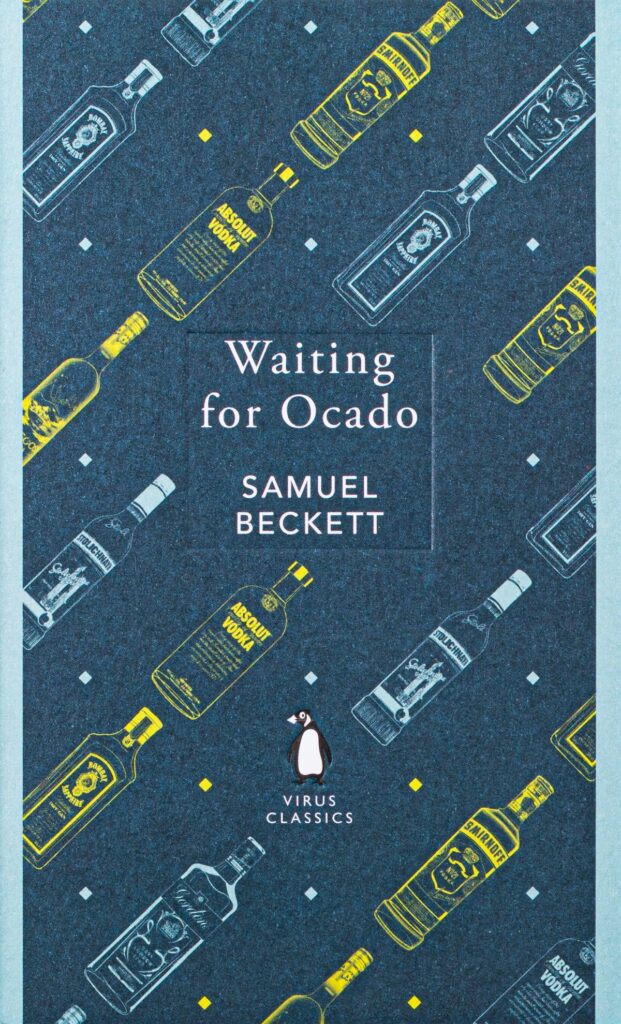
The Daily Mail wrote of the exhibition: “What Owen, Sassoon and the other war poets put into words, Fenwick has captured visually with his photographs. Among the many books and artworks produced in honour of the centenary of World War 1, Fenwick’s is perhaps the most unusual and the most moving.” (23 June 2016)
Read more on the artist at www.jolyonfenwick.com or follow him at @jolyonfenwick



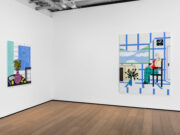
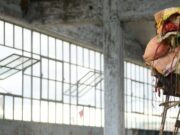
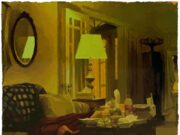

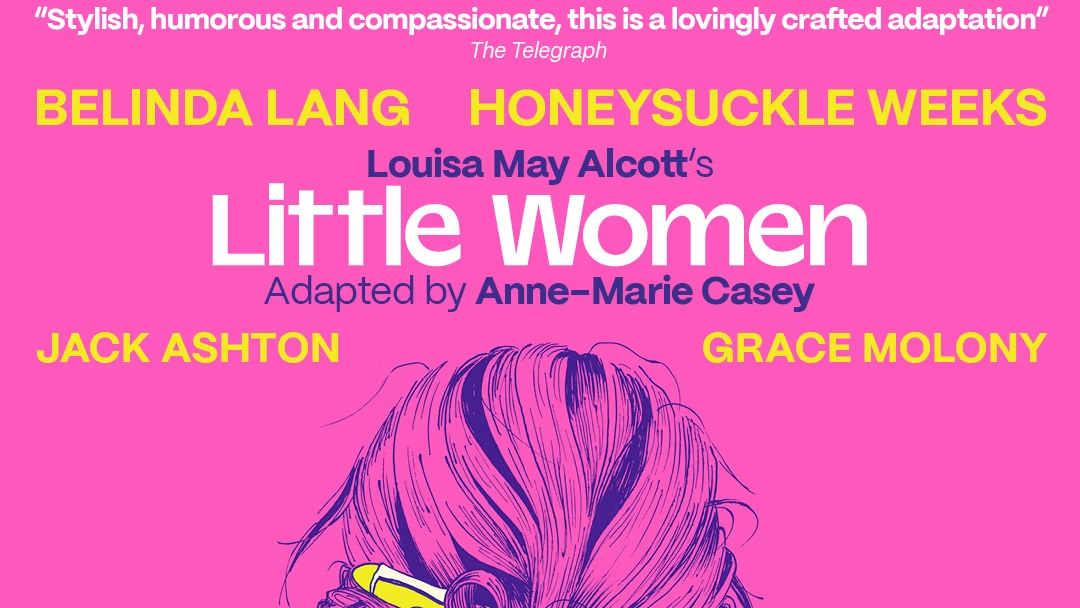

![Antigone [on strike] | Review Ali Hadji-Heshmati and Hiba Medina in Antigone [on strike] at Park Theatre, London. Photo: Nir Segal](https://theartiscapegallery.com/wp-content/uploads/2025/02/Antigone-on-strike-photo-by-Nir-Segal-D1_Standard-180x135.jpg)
